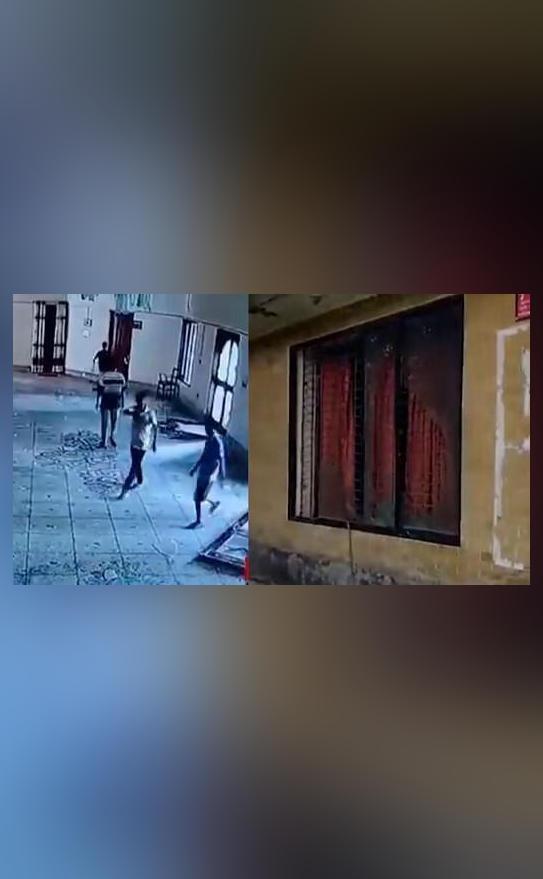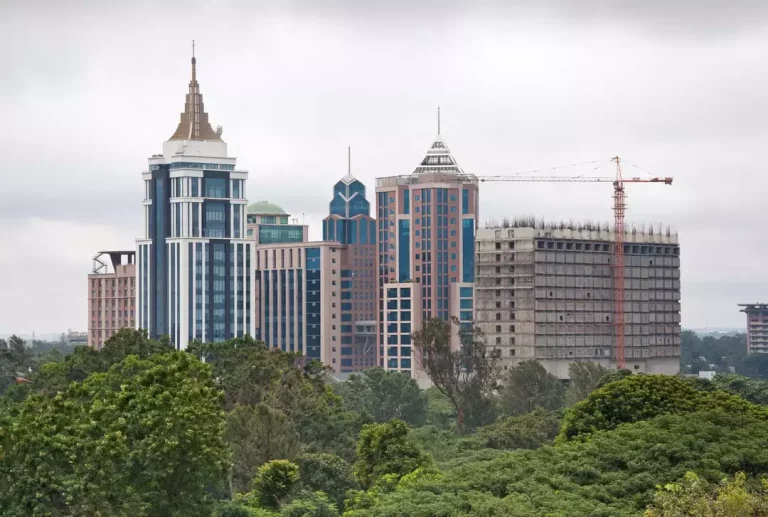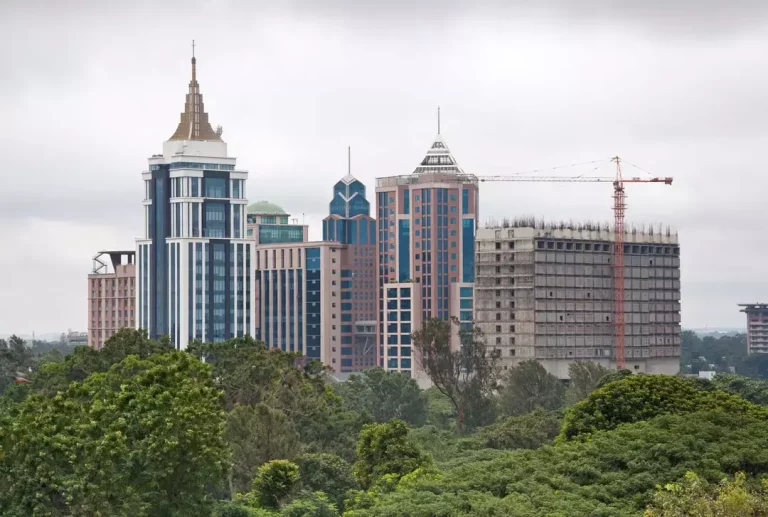
Attack on Rabindranath Tagore’s house in B’desh pre-planned: BJP
The ancestral house of Rabindranath Tagore, the legendary Bengali poet and Nobel laureate, was vandalized by a mob in Bangladesh recently. The incident has sent shockwaves across the globe, and the BJP has come down heavily on the Muhammad Yunus-led interim government for its inaction in the matter.
According to reports, the mob attacked the Tagore house in the Kushtia district of Bangladesh, damaging the historic property and destroying several artifacts. The incident has been widely condemned by intellectuals, artists, and civil society organizations across the world.
BJP MP Sambit Patra has termed the attack as “pre-planned” and has accused Jamaat-e-Islami and Hefazat-e-Islam, two radical Islamist groups, of being behind the vandalism. Patra said that the behaviour of the interim government is “not appropriate” as no action has been taken in the case.
“This attack is a message to us,” Patra added, warning that such incidents can have far-reaching consequences. The BJP MP also criticized the government for its inaction, saying that it was sending a wrong signal to those who believe in violence and vandalism.
The incident has sparked widespread outrage in India, with many calling for immediate action to be taken against those responsible. The BJP has also demanded that the Bangladesh government take concrete steps to prevent such incidents in the future.
Rabindranath Tagore, who was born in Kolkata in 1861, was a prominent figure in Indian and Bengali literature. He was awarded the Nobel Prize in Literature in 1913 for his collection of poems, “Gitanjali”. Tagore’s works are widely regarded as some of the greatest in Indian literature, and his poetry and songs continue to be popular across the world.
The Tagore house in Kushtia was built in the 19th century and was the ancestral home of the poet. It has been preserved as a museum and is a popular tourist destination in Bangladesh.
The attack on the Tagore house has sparked concerns about the growing trend of vandalism and violence in Bangladesh. The country has been witnessing a surge in radical Islamist activities in recent years, with many liberal and secular voices being targeted.
The Muhammad Yunus-led interim government has been criticized for its inability to tackle the issue of radicalization and violence in the country. Many have accused the government of being soft on radical groups and of failing to take effective action to prevent such incidents.
In the wake of the attack, the Indian government has also condemned the vandalism and has called for the perpetrators to be brought to justice. The Indian High Commission in Bangladesh has also spoken to the Bangladesh government and has demanded that immediate action be taken to prevent such incidents in the future.
The attack on the Tagore house is not just a matter of cultural significance, but also has implications for the relationship between India and Bangladesh. The two countries have a long history of cultural and literary ties, and the vandalism of the Tagore house has sent a wrong signal to the people of India.
As the world watches the developments in Bangladesh with concern, the Indian government must also take concrete steps to ensure that the Tagore house is protected and that those responsible for the vandalism are brought to justice. The incident is a wake-up call for the government to take a stronger stand against radicalization and violence in the country.






